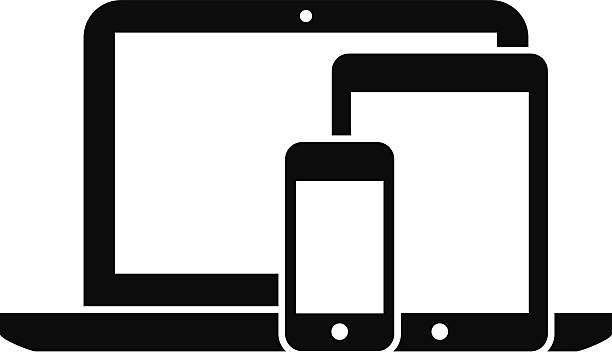While on your summer vacation here is some of the most suggested tips for keeping your vacation cyber safe!

Building a Defence Against Vacation Rental Scams
With summertime almost upon us the potential for scams is prevalent. Case in point: You book the perfect place online only to find out that the property wasn’t really booked, or the property wasn’t what it was portrayed to be, you may have just paid someone for a bogus property!
First, get recommendations from family and friends on good Real Estate agencies, vacation rentals, hotels and travel packages before responding to offers.
Be wary if the owner asks you to pay by wire transfer. This is like sending cash you will likely never get your money back if there’s a problem. Use a credit card.
Watch out if the owner says he is overseas and wants you to send a deposit to a foreign bank. If you are traveling overseas, again, your best bet is to use a credit card.
Use mapping apps like Google maps or similar to confirm that the property really exists.
Look up travel companies, hotels, rentals and agents with the words “scam,” “review,” or “complaint.”
Look for extra costs. Resort fees (also known as destination, facility and amenity fees) can add $50 or more to your nightly cost.
Ask about taxes, which may be significant in many locations.
Get a copy of the cancellation and refund policies before you pay.
Do your research and remember, if you have been victimized by an online scam, you can report your suspicious contacts to the FBI. You can file an online report at the FBI’s Internet Crime Complaint Center at www.ic3.gov or call your FBI local office.
Protect Your Identity!
Traveling for can be fun! But it’s no fun to have your personal information compromised while traveling. Here are some suggestions from the Federal Trade Commission on how to protect your private information:
Take only the IDs, credit cards and debit cards you need. Make copies so, if someone steals your bag, you’ll know exactly what was lost.
Make a copy of your insurance card to take with you.
Leave all other important documents safe at home.
Learn how to protect your mobile devices and personal information from hackers and malware.

How to keep your personal devices safe
Your smartphone and tablets are really just small computers. When shopping on these devices make sure that you are keeping your information safe by using the following tips from the US Department of Homeland Security.
Do not use Public Wi-Fi Networks to conduct shopping, personal business or bank. These open networks present ways to intercept your information. If you want to just check your bank account balance, turn off your wi-fi on your device and use your cellular network.
Turn off Bluetooth when it’s not in use. Cyber criminals have the capability to pair with your phone’s open Bluetooth connection when you are not using it and steal personal information.
Be careful where you charge your phone. Connecting a mobile device to a computer using a USB cable can allow software running on that computer to interact with the phone in ways that a user may not anticipate.
What to do if your accounts are compromised: If you notice that one of your online accounts has been hacked, call the bank, store, or credit card company that owns your account. Reporting fraud in a timely manner helps minimize the impact and lessens your personal liability. You should also change your account passwords for any online services associated with your mobile device using a different computer that you control. If you are the victim of identity theft, additional information is available from https://www.idtheft.gov/.
For even more information about keeping your devices safe, read Cybersecurity for Electronic Devices.
Site: Cybersecurity and Infrastructure Security Agency (CISA)
